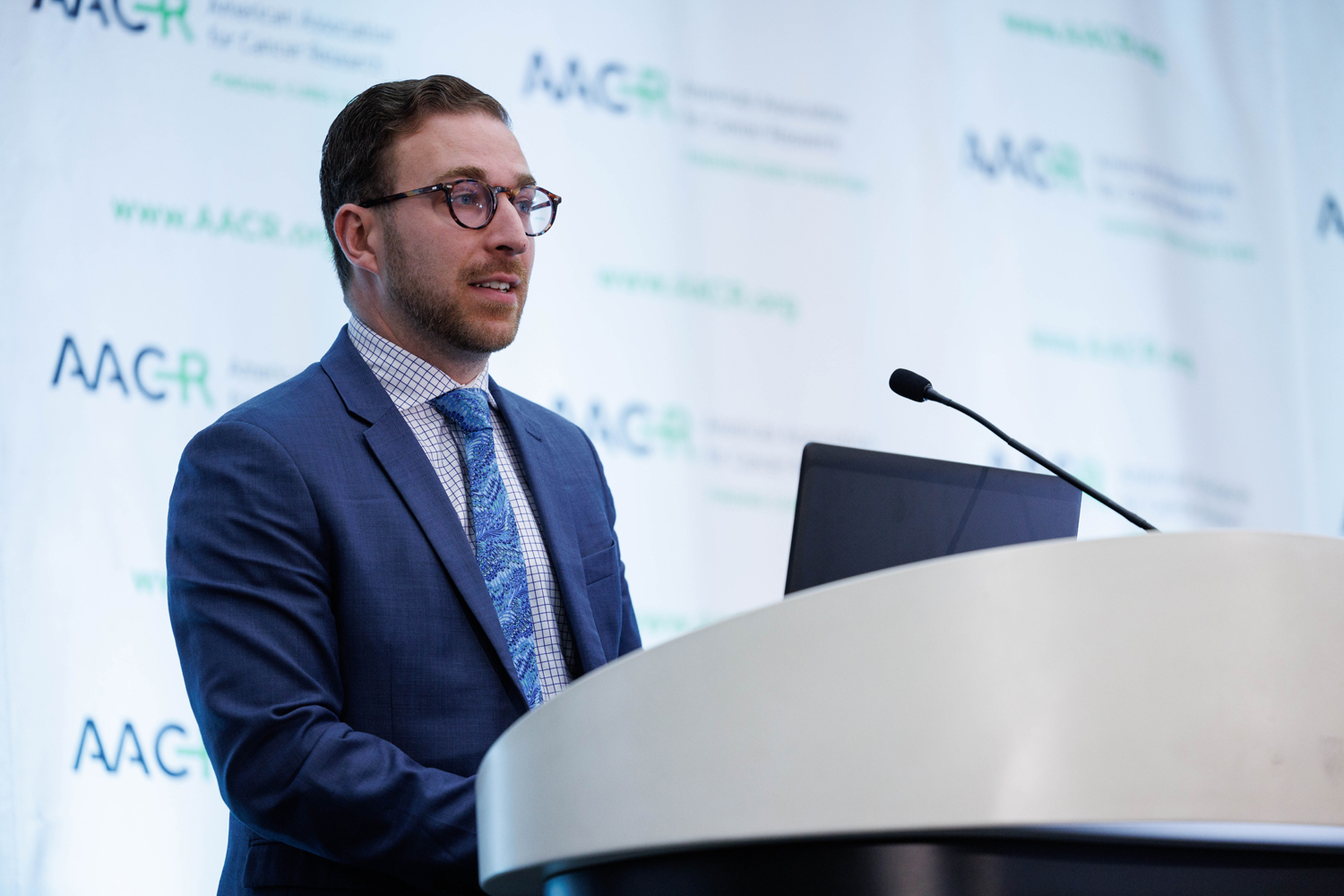THE FOOD AND DRUG ADMINISTRATION’S (FDA) Accelerated Approval Program uses early indications of response to help promising new treatments reach patients sooner, but a study found some cancer drugs that receive this designation are being granted regular approval without showing a benefit in survival or quality of life.
According to a study presented April 7 at the American Association for Cancer Research (AACR) Annual Meeting 2024 in San Diego and simultaneously published in JAMA, only 43% of the cancer drugs granted accelerated approval from 2013 to 2017 demonstrated an improvement in outcomes meaningful to patients after five years. Despite that, 63% of these drugs were converted to regular approval. (The AACR also publishes Cancer Today.)
Researchers use a variety of values to measure and track a treatment’s ability to affect cancer in the body. To decide what gets approved and used at medical clinics, the FDA prioritizes clinical benefits, or effects that improve the experience of patients, including how long they live and their quality of life.
Many studies now measure surrogate endpoints, such as lab tests and imaging results, that aren’t in themselves meaningful to patients but may predict clinical benefits and can be measured much sooner. The FDA’s Accelerated Approval Program uses surrogate endpoints to get promising drugs to patients more quickly. Drugs granted accelerated approval are expected to show a clinical benefit in subsequent confirmatory trials to be converted to regular approval, but the study found that isn’t always how the process goes.
Accelerated approval has become an important tool in cancer care especially. Drugs for cancer represent more than 88% of accelerated approvals, and one in three recent cancer drug approvals has used the accelerated pathway, study author Edward Cliff, a hematologist and researcher with the Program on Regulation, Therapeutics and Law (PORTAL) at Brigham and Women’s Hospital in Boston, said at a press conference on April 7.
The study examined 2013 to 2017, during which 46 drugs with indications related to cancer received accelerated approval and had at least five years of follow-up to complete a confirmatory trial. Of these, 63% subsequently received regular approval, 22% were withdrawn, and 15% remained available under accelerated approval.
“The FDA relinquishes significant leverage once it converts accelerated approvals to regular approval—it is harder to ensure timely completion of further trials and harder to withdraw drugs—so the evidence used to justify these decisions is important,” Cliff said in a press release.
In a separate analysis, researchers looked at the reasons why drugs granted accelerated approval between 2013 and 2023 were converted to regular approval. They found that 40% were based on how long people survived, the gold standard for cancer medicines. Another 44% were based on how long people went without their cancer growing; 10% were based on finding that tumors shrank, called response rate, and the duration of that response; and 4% were based on response rate alone. One drug received regular approval despite a confirmatory trial that found no difference in overall survival or time to cancer recurrence between patients receiving the new treatment and those getting the existing standard of care.
“We hope these findings will encourage greater communication between patients and physicians about the uncertainty surrounding cancer drugs approved on preliminary surrogate measures and the potential risks and benefits of a given treatment,” Ian T. T. Liu, a researcher at PORTAL who worked on the study, said in the release.
At the press conference, Cliff said it is important for patients to be informed about what is known and what is still uncertain about a treatment, especially in cases where they can cause difficult side effects. But he also stressed researchers and drugmakers should plan to gather data in a way that gives a clear answer at the end of the process. “The take-home message is that we have to be sure that, at the end of it, we are certain about the clinical benefit,” Cliff said.
Cancer Today magazine is free to cancer patients, survivors and caregivers who live in the U.S. Subscribe here to receive four issues per year.





